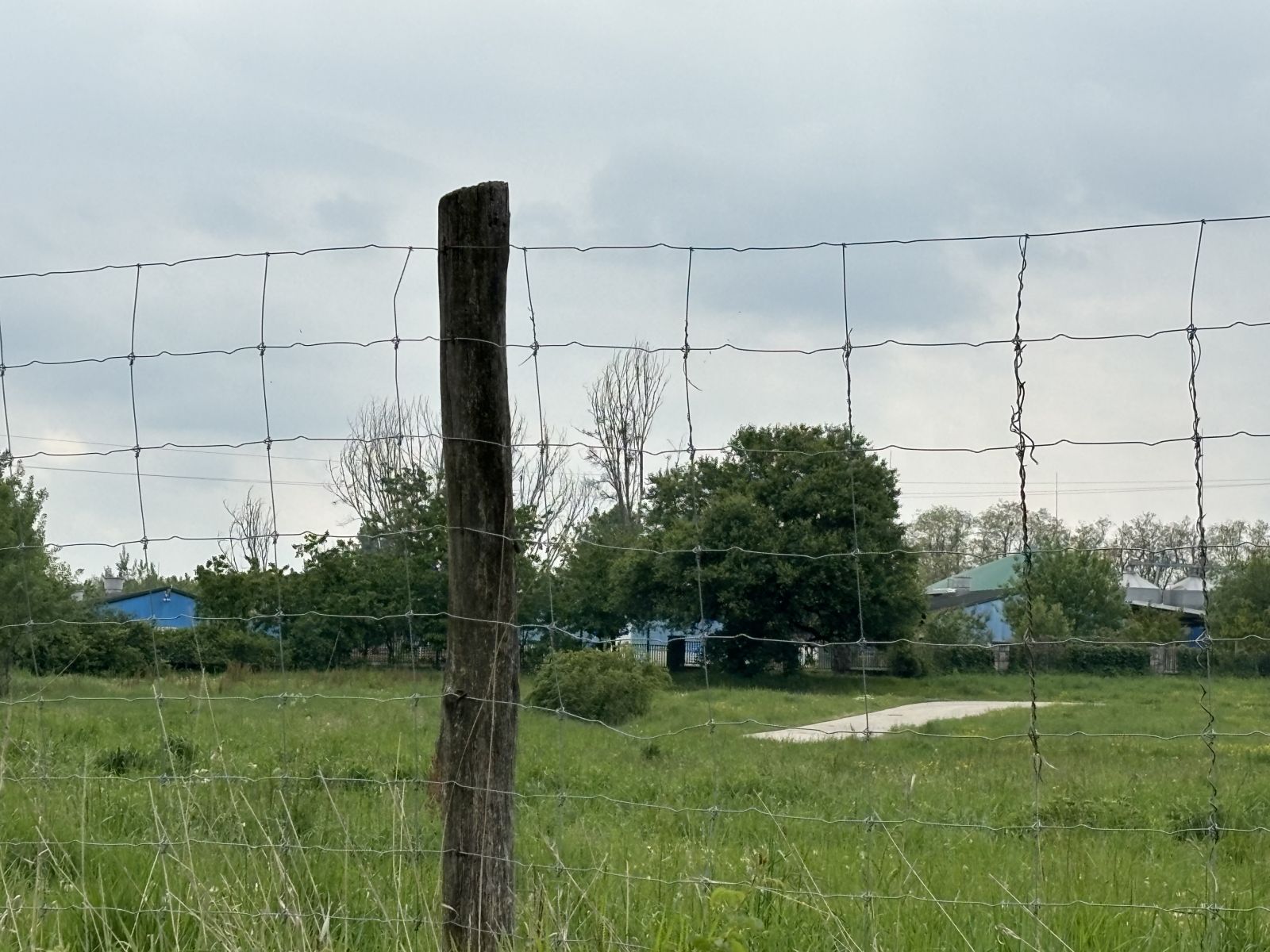
In Kisbér, Komárom-Esztergom County, a battle has been going on for more than a decade over a pig farm and biogas plant located just 800 metres from the village's residential area. When the plant was built, it was planned to minimise the impact of pollutant odours through the use of tree-lined areas and modern technologies, but this has not happened to date.
Shortcomings of the source and technology
The plant started operations in 2012 and has been causing serious problems for residents in the area since then. The biggest problem is the stench emitted by the biogas plant. Although there are 12 pigsties in the area, the intensity and unpleasantness of the smell are mainly related to the biogas plant's activities. The wind direction from NW to SE exacerbates the situation. While the north-westerly winds impact on the neighbouring villages, Kisbér is affected by the southerly conditions. As the municipality is located in an open basin in the Morian Trench, the smell is more widespread.
The struggle of the inhabitants
The problems have prompted 119 residents to form a lawsuit to seek a legal solution. Independent experts have been brought in to prove the existence of the stench. They then filed a lawsuit against landowner Péter Pongrácz and his company Bakony Bio Zrt., represented by their lawyer Bence Szentkláray. So far, two public hearings on the issue have been held, attended by around 100 people, and 450 signatures of protest have been collected. The mayor has also supported the public opposition.
The authorities and the contractor
So far, the company has only received minor fines, which have not encouraged it to make significant changes to its technology or filtering equipment. The contractor claims that it has all the necessary permits, that it complies with the standards set by the authorities and that it believes that its biogas plant is the one that mitigates the stench, without which the situation would be much worse.
Residents say that the contractor, who is also president of the Hungarian Biogas Association and the Association of Renewable Energy Organisations, has influential connections that make their situation difficult. They believe that this is why the environmental authorities are not taking sufficient action to stop the pollution. At the time the lawsuit was filed, some lawyers did not accept representation because they did not want to make powerful enemies.
The mayor said that he had already proposed several technical measures to help solve the problem, as the municipality did not want the company to go out of business. The MP is not acting on the matter either and there is a lack of solidarity from the less affected residents.
Legal results and next steps
On 21.02.2022, the first instance judgment imposed damages of HUF 500.000 on some plaintiffs, while the majority were given HUF 300.000. However, the victims were not satisfied with this and took the case to the court of second instance, from where the case was returned to the court of first instance due to procedural errors, and the procedure was restarted. In April this year, the same judge handed down the same judgment in the case retried at the first instance. The public was disappointed with the decision because the low amount of the damage fee will not force the company to change its technology, so the problem and air pollution will remain.
Investigative journalism and wider problems
The case also caught the attention of investigative journalist Lilith Grull, who works for the German newspaper Correctiv. Grull cited an EU directive that sets limits on allowable emissions of both ammonia and methane from agricultural sources, which further strengthened residents' claims. Other problems in the area were also mentioned, such as the storage of slurry from the pig farms in Ászár and Bakonysárkány, which is not actually stored but instead dumped on the land of the commune. As this is a nitrate-sensitive area, it is particularly important to comply with the rules on the application of manure, as this results in serious contamination of the land.
The example of Kisbér highlights the importance of strong action by the environmental authorities to protect local residents in similar cases. The reason for the inaction of the authority, according to residents, is the entanglement of the contractor with the decision-makers. The only hope in this situation is the unity and perseverance of the community, which is exemplary in Kisbér and will hopefully bear results sooner or later.







